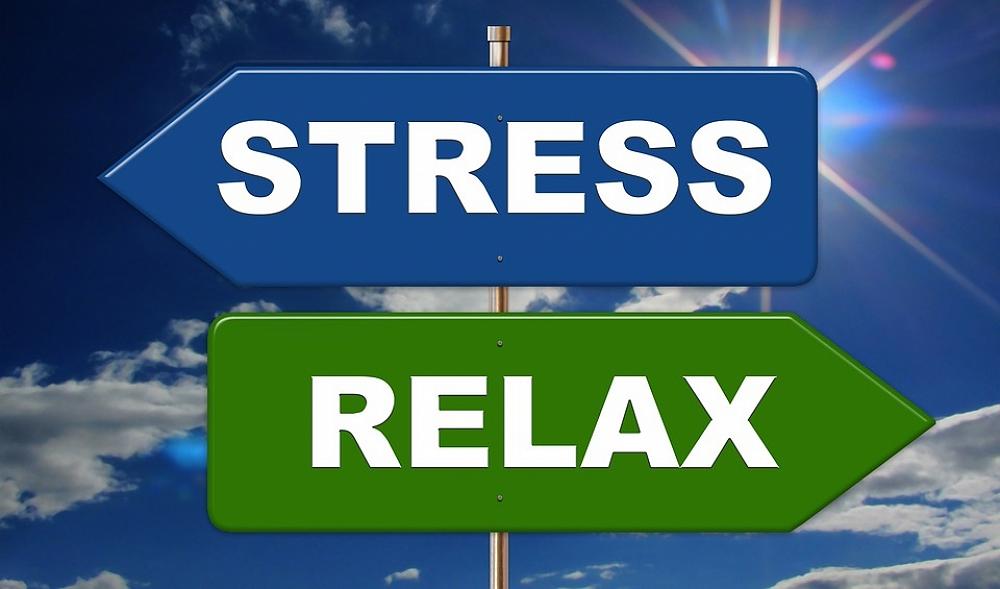
Food for thought.........The art of balancing exams, stress and wellbeing
With the promotion and understanding of wellbeing featuring heavily throughout Canterbury and with exams looming, now is the perfect time to take a look at how we can help our Ākonga manage what is typically a very stressful time of year.
When stress affects the brain, the whole body feels the impact. During times of stress the brain tells your adrenal glands to release the stress hormones adrenaline and cortisol. These hormones rev up your heartbeat and send blood rushing to the areas that need it most in an emergency, such as your muscles, heart, and other important organs. When the stress response keeps firing for a prolonged period of time, it can put your health at serious risk and can lead to:
- Headaches
- Increased depression
- Tense muscles
- Weakened immune system
- Insomnia
- Heat burn
- Irregular breathing
- High blood pressure
- Gastro and digestive issues
- High blood sugar levels
It stands to reason that when the body feels better, so will the mind. Once we are able to recognize the symptoms of stress, we can employ a number of strategies to counteract stress levels and work towards achieving balance, both physical and mentally.
During exam time parents would be forgiven for wondering if the majority of their child’s time would be better spent studying and revising rather than spent in extracurricular sports, recreational activities and other outdoor pursuits, after all, to what degree does participation in these activities relate to a student’s academic success or wellbeing?
Recent studies have found a very strong association between regular, moderate physical activity and higher wellbeing in teenagers and while the physical benefits of exercise have long been understood, exercise is also considered vital for maintaining mental fitness. It is effective in reducing fatigue, improving alertness and concentration and enhancing overall cognitive function, which is especially helpful when stress has depleted your ability to concentrate. Meditation, acupuncture, massage therapy and even deep breathing can also aid in producing endorphins, again working to counteract the ‘fight or flight’ mechanism. Taking time out away from the triggers of stress to undertake activities that an individual would normally find joy in, are also an important part of finding balance.
But what if my child is not an athlete? Virtually any form of exercise from walking to swimming, can act as a stress relief and just a little bit of exercise will go a long way. Encourage your child to take regular breaks to head out for a walk, a run, to the gym, to the local pool, to the park to kick a ball around……………………there are options aplenty. Knowing your childs timetable and study schedule will allow you to make sure they also take time away to participate in activities that ‘soothe the soul’, whether it be baking, watching a movie, heading to the local café to enjoy a hot drink and a bite to eat. Taking time to do the ‘things they love’ are critical in helping achieve a sense of balance and well-being and a child who has a strong sense of both well-being and balance is a child who is able to sit an exam to the best of their ability.
10 quick tips to help eliminate exam stress
- Take some form of exercise daily. Choose an activity that you enjoy and that suits your level of fitness. Now is not the time to start training for a marathon
- Watch a film, TV show or listen to a podcast that makes you laugh
- Drink some herbal tea or a hot chocolate. It is a well-known fact that hot drinks are great for soothing the soul (avoid too much caffeine though)
- A shower or bath can help relieve the symptoms of stress
- Cook or bake something. The thought of something delicious to eat can bring you joy
- Get some sleep. Sleep is healing, both physically and mentally
- Try to avoid other stressed people, they will be easy to spot
- Be flexible. Having a revision table is one of the best tools in your arsenal for exam success but don’t be too hard on yourself if you don’t stick to it 100%
- Avoid the exam ‘post-mortem. You’ve done your best so the second you step out of the exam hall, focus forward on your next exam
- Keep things in perspective. Exams are important but you are much more than your exam results
